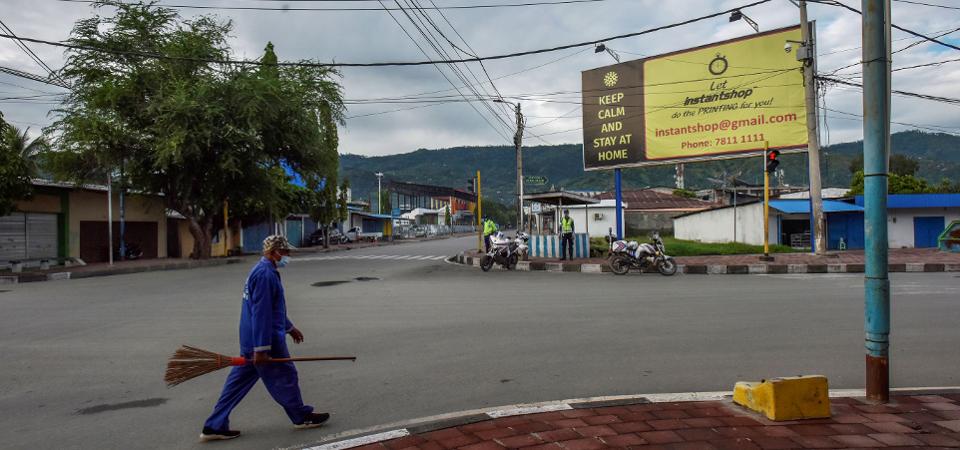
What Helped this Asian Country to Keep Covid-19 Deaths at Zero?
June 23, 2020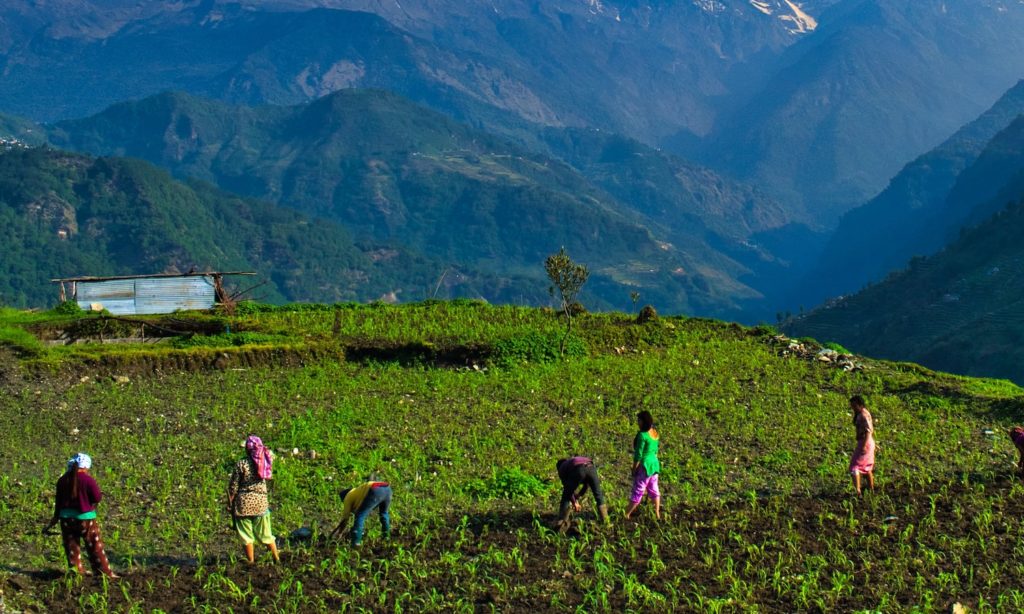
COVID-19 and the Global Food Supply: Big Lessons from the World’s Small Farms
July 1, 2020Investing in WASH to Prevent COVID-19
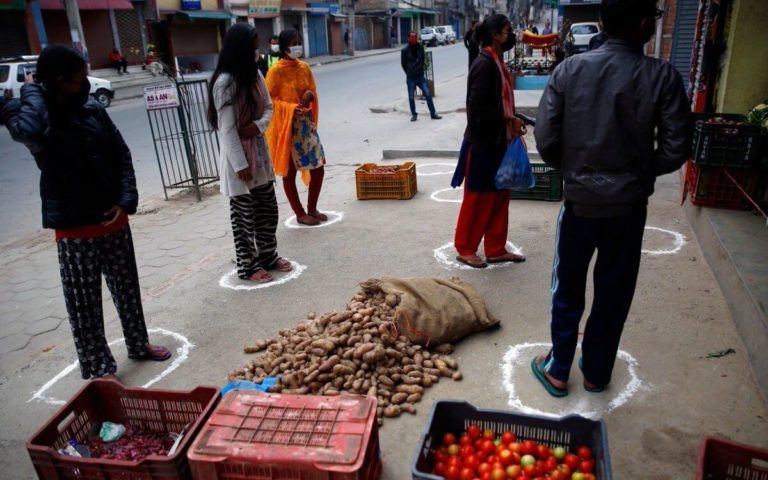
By Srijana Karki
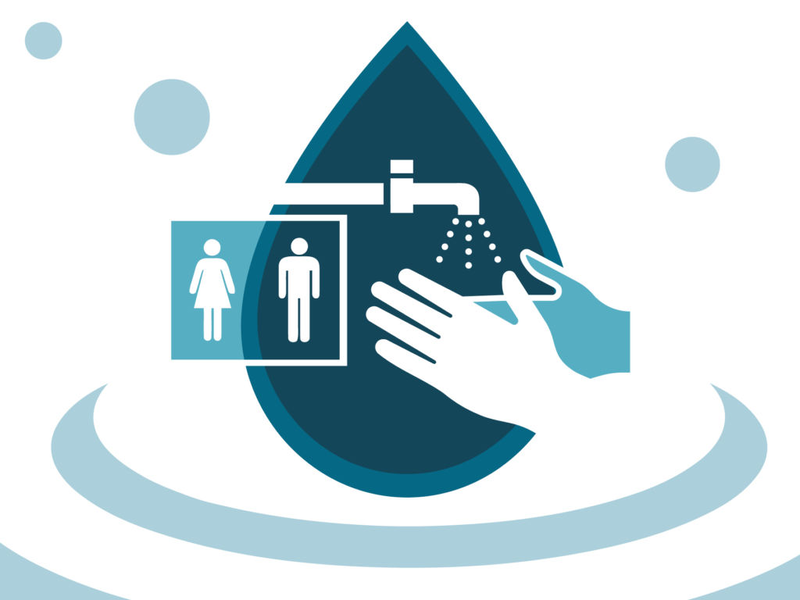
More Nepalis abroad than in Nepal have contracted and died from the coronavirus. At least 33 Nepalis in the UK, 15 in the United States, two in the United Arab Emirates, and one in Ireland have died from COVID-19.
Many hundreds more have fallen ill in 21 other countries, including Bahrain, Saudi Arabia, Kuwait, and Malaysia.
This highlights the fact that Nepal sends more labor migrants abroad, per capita, than any other country in South Asia. The virus’s impact on Nepalis outside the country could portend significant long-term difficulty for the Nepali economy.
At least for now, however, the coronavirus direct effects have been much milder in Nepal than in many other countries. As of April 29, there were only 57 cases, of whom 16 have recovered and no confirmed deaths reported.
This can be at least partly attributed to significant advances in Water, Sanitation, and Hygiene (WASH).

Nepal was declared free of open defecation on September 30, 2019. The Department of Water Supply and Sewerage (DWSS) data shows that in 2018, 97% of the population had access to basic sanitation facilities. This is a huge leap from 1990 when only 6% of households had toilets.
Today, almost all citizens living in hill and mountain belts have some kind of access to toilets.
As important, 87% of people have access to basic water supplies. This is critical to the handwashing that helps prevent coronavirus and other illnesses.
But for all the gains made over the past two decades, more needs to be done.
While the overwhelming majority of people have access to water, 13% still lack it. And while most Nepalis have access to toilets, many of them are shared by multiple households. While this is certainly preferable to open defecation, it is not sufficient to fully minimize risk.
As important, many of these water and toilet facilities need maintenance and repair. The 2015 earthquake damaged many WASH facilities, especially in rural areas. While people technically have access to them, in reality, many are difficult to use.
Further, there exists a continued need for education about how to properly use the sanitation and water facilities that are in good working order.
Many toilets in rural areas go unused or have even been turned into animal sheds. While people have access to water, it is often in limited quantities, so people understandably prioritize drinking over handwashing. Or people wash their hands, but without soap and proper drying.
All this can and is being addressed. For example, our organization works with community groups in five districts covering 49 rural communities to implement holistic development programs. Central to all these programs is WASH components tailored to the needs of each community.
Community members are regularly given educational classes on:
- Treating water through filtration or boiling for drinking
- Proper handwashing with soap
- Menstrual health management
- Waste management at the household and community level
- Regular maintenance of toilets
- Regular maintenance of public water taps
Also, we work with local partners to install handwashing stations with soap and proper drying facilities. We have also introduced households to drying racks for dishes and utensils to eliminate placing these items on the ground to dry.
These are simple and inexpensive innovations with large results:
- Reduction in water-borne diseases, especially diarrhea in children under five
- Significant improvements among women in reproductive health issues
- New and well-maintained toilets
- Virtually no open defecation, even among children
- Drinking water filtered or boiled and covered while storing
- Community pathways clear of animal and other waste
The abrupt nationwide lockdown on March 24, 2020, made it impossible for our organization and others to visit communities to conduct refresher classes on hand washing and related preventive measures. The good news is these communities were already prepared, so phone call reminders were sufficient.
People in the communities in which we work are doing what they should in terms of hygiene and sanitation to protect themselves and their neighbors from the coronavirus.
The major challenge in these rural communities is ‘social distancing‘.
According to the World Health Organization (WHO), 21.6% of those infected with the coronavirus in Wuhan, China were farmers and laborers. Although the villages with which we work are scattered in terms of distance from one house to another, rural communities usually have public water taps. In toilets can be shared by four to five households.
Further, farmers must go to the field to work, tend to their livestock, and travel to local markets to sell their produce. This is all difficult to do in ways that maintain social distance. Addressing this will likely require more significant government actions.
Before the coronavirus crisis, advances in water, sanitation, and hygiene have played a significant role in preventing life-threatening diseases and improving lives. The pandemic has reinforced the need for better and sustainable community-managed WASH facilities.
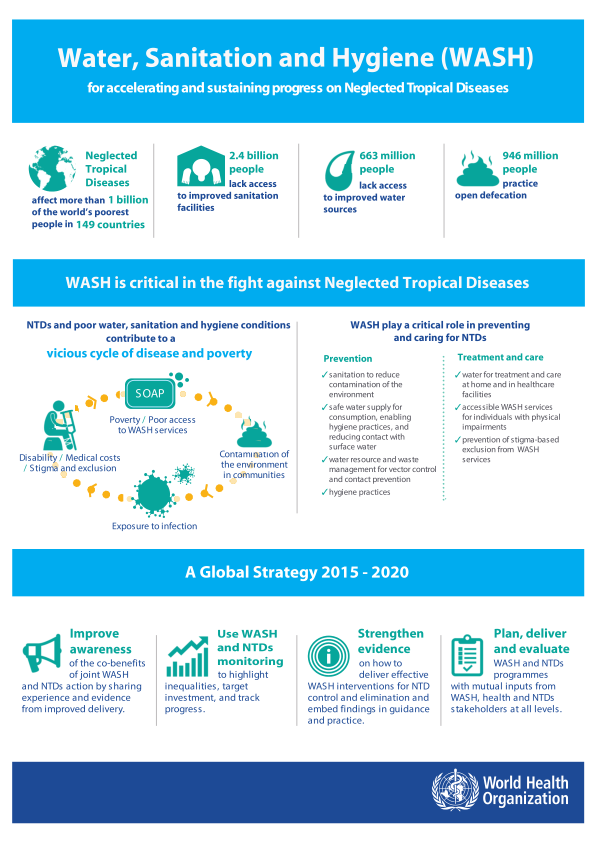
While private organizations like ours have a role to play, governments need to continue to invest in these basic human needs essential to sustained economic and social development. Nepal has made so much progress in this area.
The coronavirus should be an impetus to do even more to improve health and living standards.
This article originally appeared on nepalisansar.com on May 1, 2020.

